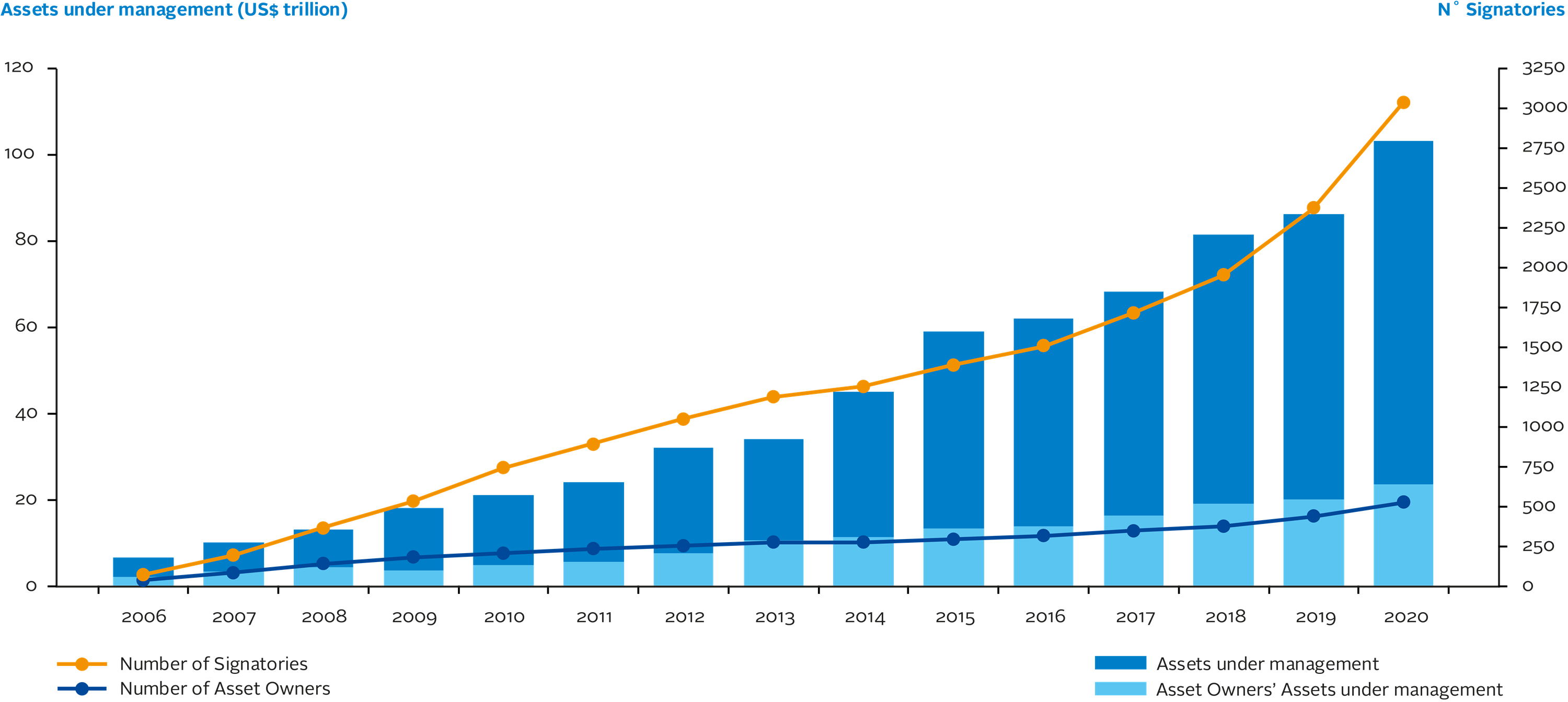The imperative for ESG
The scope of the issues facing the world are vast and interconnected. From climate change and planetary boundaries to human rights, gender equality and social upliftment. The future of business will be defined by the urgency of response to these challenges; and will require both strong corporate governance and universal frameworks to achieve progressive outcomes.
Responsible business is based on the assertions that ESG factors have financial relevance and can provide the framework for remaining within our planetary boundaries
It is situated within the ecosystem of the United Nations Principles for Responsible Investment (PRI) and supported by the 17 Sustainable Development Goals (SDGs) which provide a common language for stakeholders to understand the spectrum of sustainability issues and various stakeholders.
ESG defined
Environment, Social and Governance factors have emerged over the years in response to both social and environmental pressures and as an understanding of the risks they represent grew. Responsible Business is now defined by the inclusion of these factors into core business practice.
Environment
- Land degradation
- Climate change
- Biodiversity
- Waste Management
- Sourcing of raw materials
- Air quality
- Deforestation
- Pollution …
Social
- Staff turnover
- Health and safety
- Community rights
- Human rights
- Stakeholder engagement
- Gender parity & diversity
- Labour standards & representation
Governance
- Corruption
- Board independence
- Executive remuneration
- Accounting practices
- Protection of minority shareholders
In this global shift toward more sustainable business, numerous organisations have emerged to represent the various sectors and stakeholders in society, such as:
- Principles for responsible banking and the Equator Principles
- Principles for responsible Insurance
- Global Reporting Initiative
- Global Impact Investment Network
- UN Global Compact
- Taskforce for Climate related Financial Disclosures (TCFD)
None more accurately demonstrates the trend to more sustainable finance as clearly as the UN Principles for Responsible Investment. This multi stakeholder representative group of the Investment community launched the PRI in April 2006 at the New York Stock Exchange.

The Principles are based on the notion that environmental, social and governance (ESG) issues, such as climate change and human rights, can affect the performance of investment portfolios and should therefore be considered alongside more traditional financial factors if investors are to properly fulfill their fiduciary duty. The six Principles provide a global framework for mainstream investors to consider these ESG issues.
In 2006 the UNPRI represented Assets under Management of approx 4 Billion dollars. Currently the membership boasts over 3400 signatories ( 72% of which are Asset Managers) and assets under management in excess of 103,4 Trillion dollars committed to these ESG principles!

Increasingly, access to the full spectrum of financial services, be it business insurance, loans, equity based finance or pure investment, will depend on a company’s ability to demonstrate their ESG credentials.
Current Status Quo of Global ESG integration
